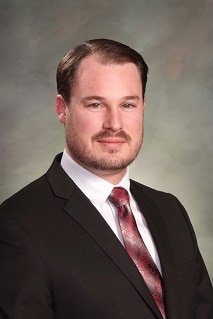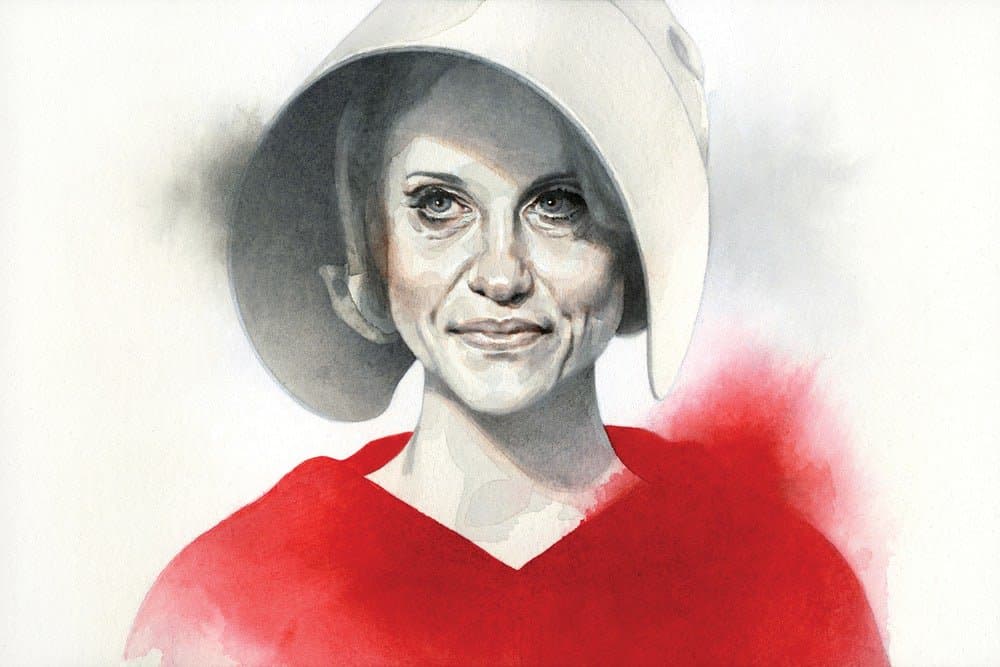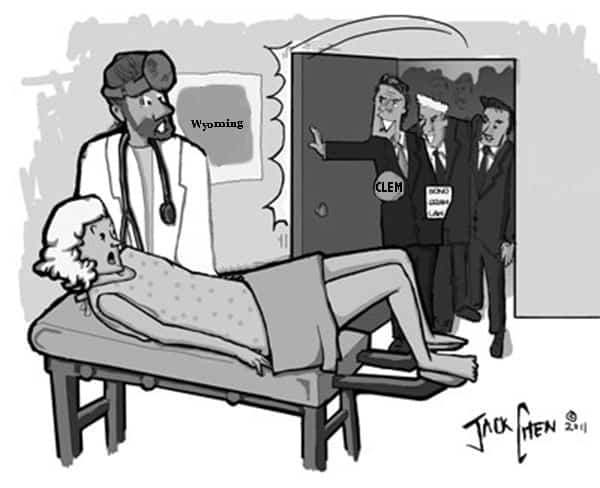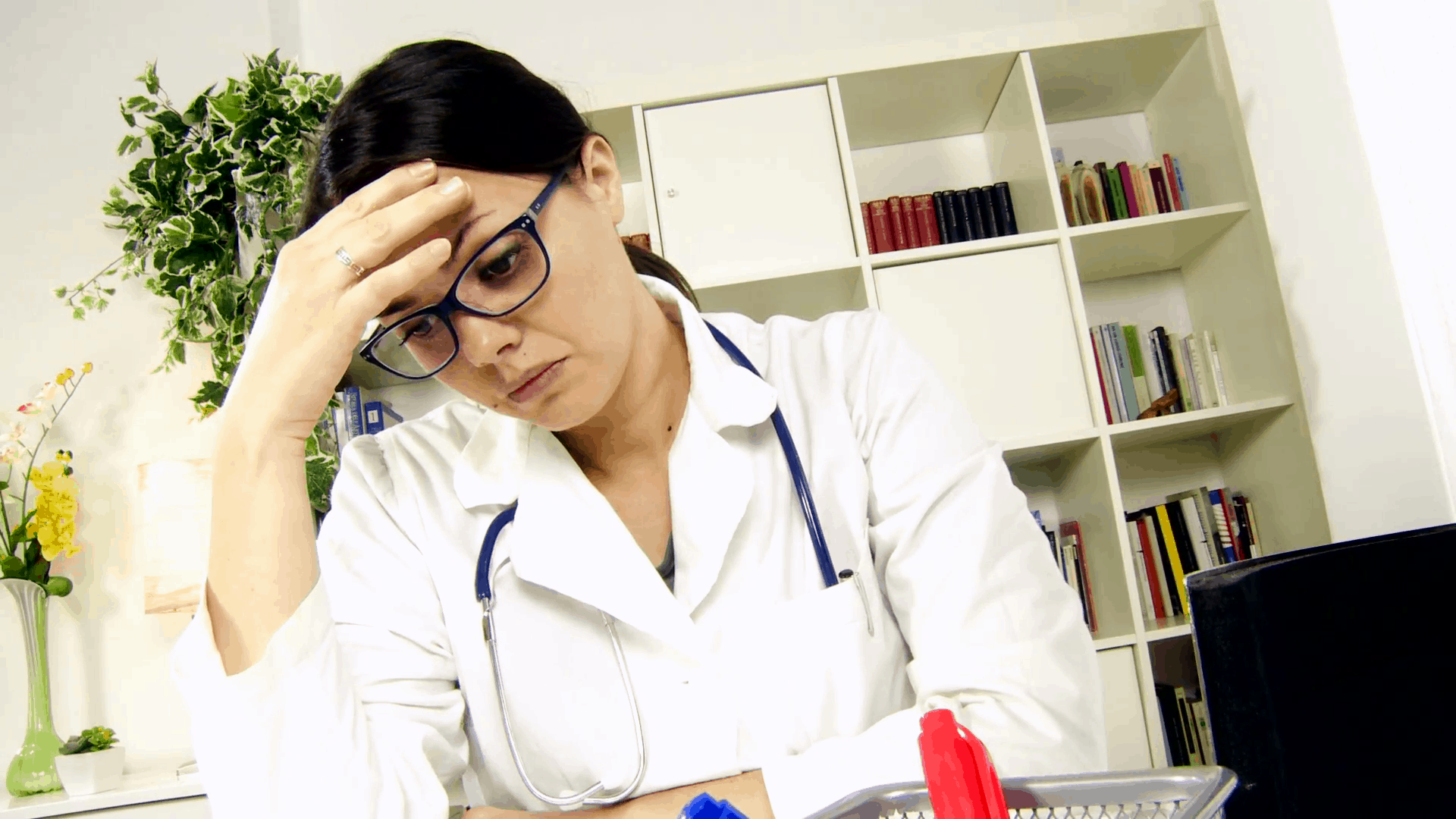Here come the abortion bills
Reproductive rights advocates expect to see as many as 10 anti-choice bills introduced by the Wyoming State Legislature during the 2019 session. The first two are already out of the gates.
House Bill 103 came up last week. It would make criminals out of physicians if they failed to meet state requirements to report any abortions.
A second proposal, House Bill 140, was introduced Monday. It would require physicians to wait 48 hours to perform a requested abortion. The delay is meant to dovetail with a law passed in 2017 that requires doctors to give pregnant women the opportunity to view an ultrasound of the fetus and hear the heartbeat if it is audible.
“They’re about denying women their reproductive rights and punishing physicians.”
HB-140 has been referred to the House Judiciary Committee, though it’s unclear when the committee will hear it. HB-103 has yet to be introduced.
Both new bills are bad, said Linda Burt, a lobbyist for NARAL Pro-Choice Wyoming. And she expects other abortion-related bills this session to be bad, as well.
“We saw a flurry of them last general session. Most of these bills are anti-women,” Burt said. “They’re about denying women their reproductive rights and punishing physicians.”
Threatening doctors with jail

Rep. Scott Clem
Under HB-103, sponsored by Rep. Scott Clem (R-Gillette), any physician who fails to meet state reporting requirements would be subject to a $1,000 fine for being a month late. Penalties would build up an extra $1,000 a month the longer the doctor waits. After six months, the physician would be referred to the Wyoming Board of Medicine for disciplinary action.
Under the proposal, “intentional falsification” of abortion records would result in the physician serving up to a year in prison.
But nothing in the bill actually addresses any real problems in Wyoming. It just creates potential problems for doctors.
“This is not about reporting, this is not about getting information to people that they need,” Burt said. “This is about harassing and being punitive towards doctors who provide abortions. It’s unnecessary and a waste of legislative time.”
Burt noted that as far as she knows, the only physician who even performs abortions in Wyoming has a clinic in Jackson. She said the state already has accurate information about abortion procedures from the Guttmacher Institute and the Center for Disease Control.
Waiting requirement would hurt poor, rural women most
Wyoming law already requires doctors to tell women who request abortions that they have the option to see an ultrasound of the fetus.
Under HB-140, sponsored by freshman Rep. Richard Tass, doctors would also have to tell women they have no option other than to wait 48 hours before proceeding with the procedure.
“Every year the legislature works to advertise to the world that Wyoming does not trust doctors.”
This unnecessary barrier threatens women’s access to medical treatment and is particularly problematic in a rural place like Wyoming.
The measure wouldn’t deter wealthy people from obtaining abortions for themselves and their families—they can simply fly to a state with better access to women’s healthcare or hire a private doctor.
But it would be greatly harmful to working women without sick leave, poor women, battered women, and women who live in far-flung places. A woman living in a rural area would have to take time off work to travel to a clinic, see the doctor, and then wait for 48 hours—either away from home or traveling back and forth.
In 2016, the U.S. Supreme Court ruled in Whole Woman’s Health v. Hellerstedt that a burden on abortion access must be justified by a proportional benefit.
It’s hard to imagine what “proportional benefit” exists in making a pregnant woman miss work and check into a motel for a couple nights before she can access medical treatment she already knows she wants.
Deterring doctors
It’s obvious how these and other anti-choice proposals could, if passed, hurt Wyoming women. But it’s also likely that they have a net negative effect on the entire state.
“[Wyoming] women are second-class citizens, even in the year of celebrating women’s equality.”
Chugwater resident Linda Anderson pointed out to Better Wyoming that, as lawmakers waste their time on “culture war issues,” there are real problems to confront. Criminalizing doctors via HB-140, for instance, is not helping anything.
“Medical care is in crisis in Wyoming, and yet every year the legislature works to advertise to the world that Wyoming does not trust doctors to practice medicine and does not really want them to move here to work,” Anderson said. “It is no wonder that everyone who can goes out of state for medical care.”
Wyoming loses millions and millions of dollars each year from residents going elsewhere for medical treatment. But, Anderson said, lawmakers seem mostly to care about appeasing their far-right base, and they spend their time accordingly.
“That does nothing to take Wyoming forward economically or any other way,” she said. “It does, however, make it clear that women are second-class citizens, even in the year of celebrating women’s equality.”






